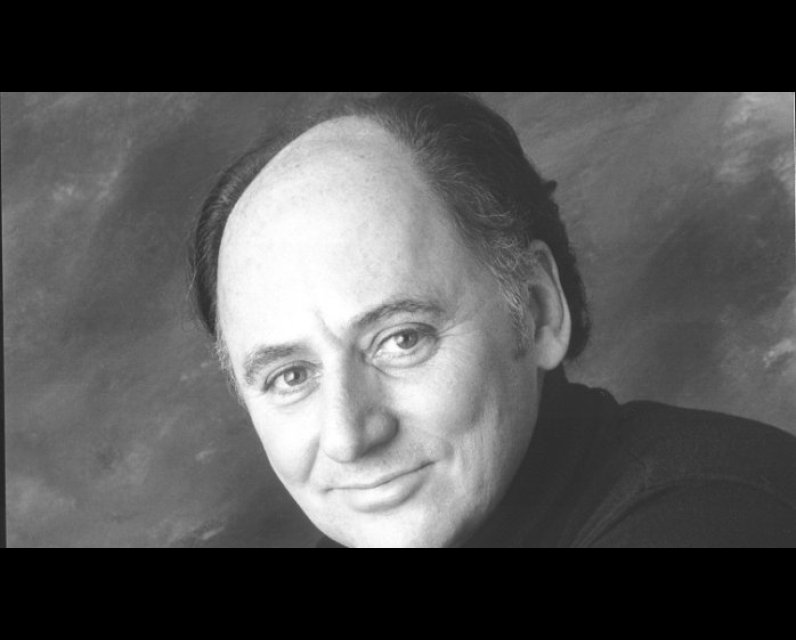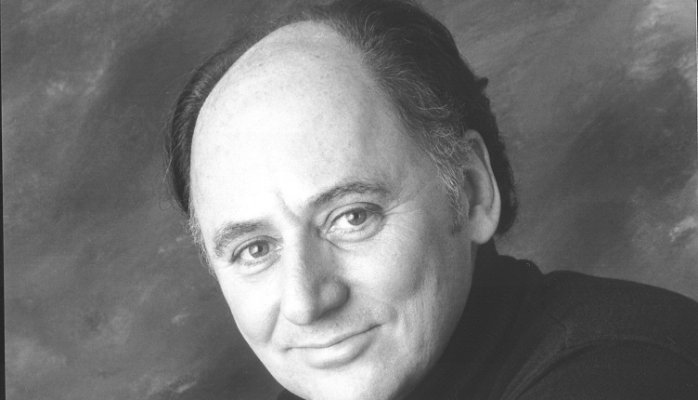Warning message
- Last import of users from Drupal Production environment ran more than 7 days ago. Import users by accessing /admin/config/live-importer/drupal-run
- Last import of nodes from Drupal Production environment ran more than 7 days ago. Import nodes by accessing /admin/config/live-importer/drupal-run
Unpublished Opinions
David J. Mitchell has a broad professional background, spanning the private, public and education sectors. From 2009 to 2015 he served as President & CEO of Canada’s Public Policy Forum, an Ottawa-based non-governmental organization dedicated to improving the quality of government through multi-sectoral dialogue.
Previously, he served as Vice-President at three Canadian universities: Queen's, the University of Ottawa and Simon Fraser University. Directing fundraising and external relations at each institution, he achieved notable successes in strategic positioning and fund development.
David served as a Member of the British Columbia Legislature from 1991 to 1996, where he was Opposition House Leader and a watchdog on a broad range of issues including advanced education, resource management, labour relations and governance. He had previously gained experience in parliamentary procedure and legislative processes as Deputy Clerk of the Saskatchewan Legislature.
His significant private sector business experience includes executive positions within western Canadian resource industries, including vice-president of marketing and general manager of industrial relations.
How long will Canadians endure a "caretaker" government after the election?

Rules of governance, during and after the election
Special to The Globe and Mail
Published Monday, Oct. 05, 2015
David Mitchell is a political historian and past president of the Public Policy Forum.
This letter is authorized by David Mitchell.
If, at this point in the federal election campaign, your inclination is to vote, “None of the above,” you might be happy to know that’s what you have right now. And it might continue for months.
The so-called caretaker convention came into effect when the election was called on Aug. 2. Under our Westminster system, during an election campaign the government must refrain from making significant decisions related to policy, spending or appointments.
The routine business of government goes ahead, managed largely by the public service. In case of a national emergency, a caretaker government can take action, but it’s expected to do so in consultation with the opposition parties. Why? Because during an election it is unclear whether a government enjoys the confidence of the House of Commons – the acid test for governance in Canada.
This is the essence of how our system works. A party must be able to demonstrate that it has the support of a majority of elected MPs before it can govern. And the House must convene in order to test this important principle.
If a governing party is re-elected with a majority of seats in the House, there’s no question about being able to command confidence, especially with our rigid party discipline. Similarly, if an incumbent government is defeated and another party wins a majority of seats, things are relatively uncomplicated. An orderly transition takes place.
But what if the election results aren’t so clear, producing what our British friends refer to as a “hung parliament”?
If no party wins a clear majority, the caretaker convention continues until the question of who will form a government is settled. The only way to definitively answer this important question is for the House to be convened so a party aspiring to assume power can demonstrate it has the confidence of a majority of MPs. But in a minority parliament, the party with the largest number of seats does not necessarily have an automatic right to govern – especially if it doesn’t enjoy the confidence of the House.
So if, as opinion polls currently suggest, the Oct. 19 vote results are less than decisive, when would the House meet to confirm the formation of a government. Sadly, unlike other Commonwealth countries, Canada has no rules to guide this important transition. In the United Kingdom and New Zealand, for example, Parliament is recalled quickly after an election, usually within a couple of weeks.
In Canada, we have often experienced lengthy periods of up to several months after elections before the House meets. In 1979, Joe Clark’s minority Progressive Conservative government did not face Parliament until 140 days after the general election.
This is far from ideal. Under such a scenario, the caretaker convention could remain in effect until a government has met the House and survived a vote of confidence. The principle of restraint associated with the convention might prove harmful during a period requiring clear direction or specific action from the federal government. Consider the UN Climate Change Conference in Paris in December: Who will speak for Canada at this important international gathering?
Canadians need clear, publicly accessible rules for government formation. The Privy Council Office should be applauded for releasing guidelines about how the caretaker convention affects ministers, political staff and public servants during an election. But what about after?
After the longest election campaign in modern history, Canadians could be faced with an even longer period of uncertainty as we grapple with the question of who has the right to govern after Oct. 19. The Governor-General would almost certainly play an important role.
But Canadians would be much better served if we had a readily available, plain-language manual that clearly spells out the rules for government formation, leaving much less room for ambiguity or mischief.



Comments
Be the first to comment